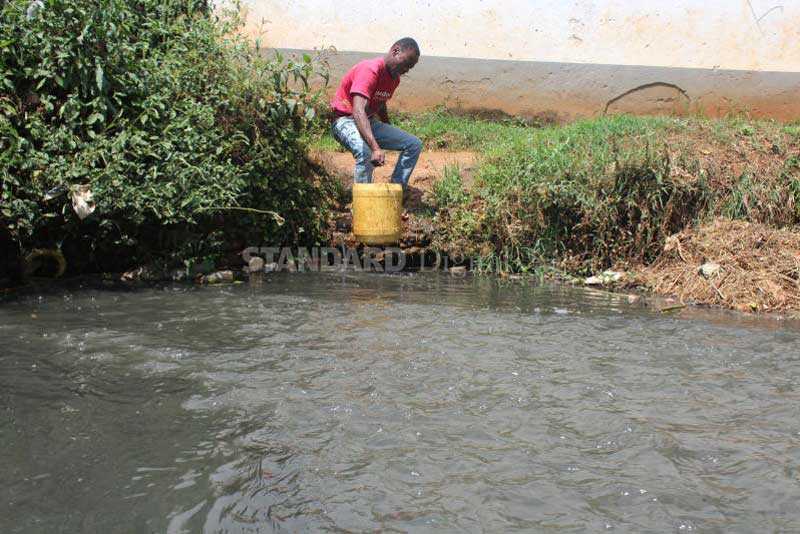×
The Standard e-Paper
Home To Bold Columnists

All springs in Kisii town have fecal contamination and are safe for drinking only after boiling or treatment, a public health official has said.
County Public Health Officer Melitus Kabari said laboratory analysis shows that all springs in the town have particles from toilets.